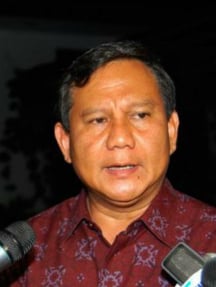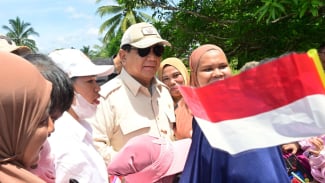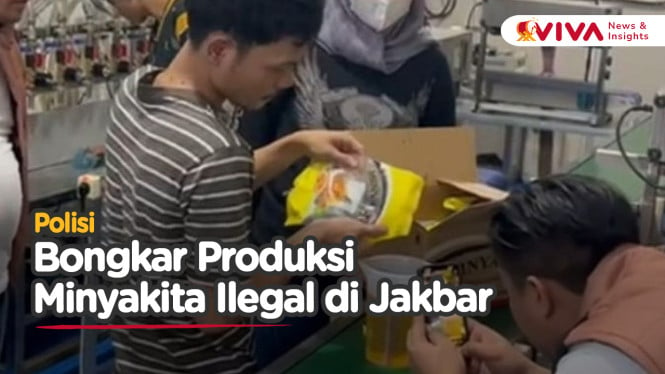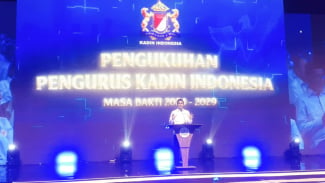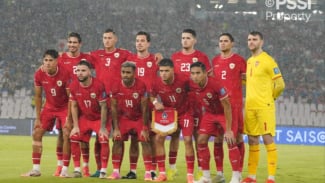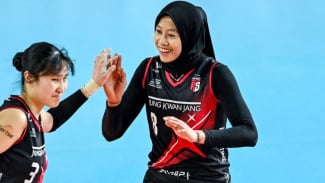Indonesia Launches Free Nutritious Meal Program to Build a Golden Generation for 2045
- VIVA.co.id/Sherly (Tangerang)
Jakarta, VIVA – In a visionary step toward enhancing the well-being of its youth, Indonesia is preparing to launch the Free Nutritious Meal Program (Makan Bergizi Gratis, or MBG) on January 2, 2025.
Initiated by President Prabowo Subianto and Vice President Gibran Rakabuming, this program aims to provide nutritious meals to children across Indonesia, especially in schools and priority regions, to boost health and development.
By relying on local food sources, MBG also aims to stimulate regional economies and empower small local businesses. Deputy Minister of Social Affairs Agus Jabo Priyono underscored the program’s long-term benefits, calling it a foundational investment in human capital.
“A healthy and excellent generation is a national responsibility. Nutrition plays a critical role in building a strong, competitive youth,” he stated at the Merdeka Barat 9 Forum Dialogue, highlighting the theme of "From Here, We Begin!" on November 4.
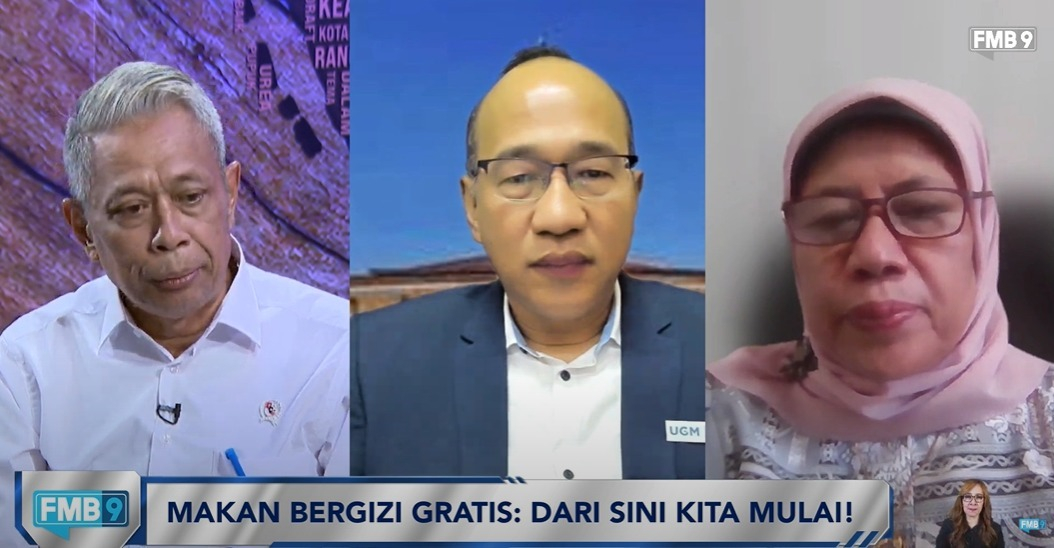
Agus added that the MBG program would address persistent health challenges such as stunting and malnutrition, which remain significant issues in parts of Indonesia. By supporting local producers, the government also aims to create a positive ripple effect for the economy.
“Strong leadership, close cooperation, and robust monitoring are essential to making this program a milestone for a generation that excels,” Agus concluded.
The program will be supported with a national budget of Rp71 trillion and aims to reach nearly 19 million children, pregnant women, and other vulnerable groups. Ikeu Tanziha, Senior Advisor at the National Nutrition Agency, emphasized that local partnerships are vital.
“This collaboration aims not only to meet nutritional needs but also to promote food sovereignty by using local produce from farmers and suppliers,” she said.
Additionally, Andreasta Meliala, Head of Integrated Health Services at Gadjah Mada University, highlighted the evidence-based approach behind MBG, citing studies showing that proper nutrition supports both physical and cognitive growth in children, which positively impacts future competitiveness and productivity.
“Scientific research shows that nutritional interventions have long-term impacts on quality of life and public health. That’s why the MBG program must receive full support from all parts of the nation,” he added.




